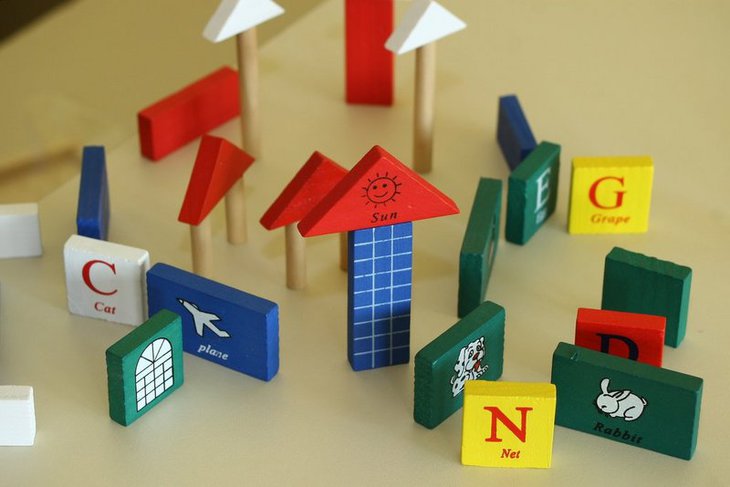English Activator: have czy take?
TOMEK ERNESTOWICZ • dawno temu

Wiele czynnoÅci w jÄzyku angielskim opisujemy, uÅžywajÄ c czasownika have lub take. W kilku wyraÅženiach have i take moÅžna stosowaÄ zamiennie. Dla nieÅwiadomych uÅžytkownikÃģw angielskiego uÅžycie tych czasownikÃģw moÅže okazaÄ siÄ problematyczne.
PoniÅžej prezentujemy pomocnÄ
listÄ wyraÅžeÅ z have, take oraz have lub take w odpowiednich kolumnach w porzÄ
dku alfabetycznym.have:
an appointment
an argument
a baby
a care
a chance (to do sth)
a chat
a dance
a drink
an effect (on sth)
a fall
a fit
a go
an/no/any idea
lunch/dinner/a meal
a quarrel
a race
a row
a/the right (to)
a say
something to eat
a talk
a think
(no/the) time
a wash
a word (with)
Â
take:
account of
action
advantage (of)
a breath
care (of)
a chance
a decision
a dislike to sth/sb
effect
exception (to)
the form of
medicine/drugs
a message
offence (at sth)
part (in)
a photo(graph)
place
power
precedence (over)
responsibility (for)
a risk
a root
sides (with sb)
a step/steps
the trouble (to)
years/months/weeks/days/hours, etc.
have/take:
a bath/shower
a break
an exam/test
a guess
a holiday / a vacation
a look
a nap
a rest
a seat
a sip
a stroll
a swim

Najnowsze

Ubezpieczenie AC â co to jest i dlaczego warto je mieÄ?
MATERIAÅ PROMOCYJNY








Ten artykuÅ nie ma jeszcze komentarzy
PokaÅž wszystkie komentarze